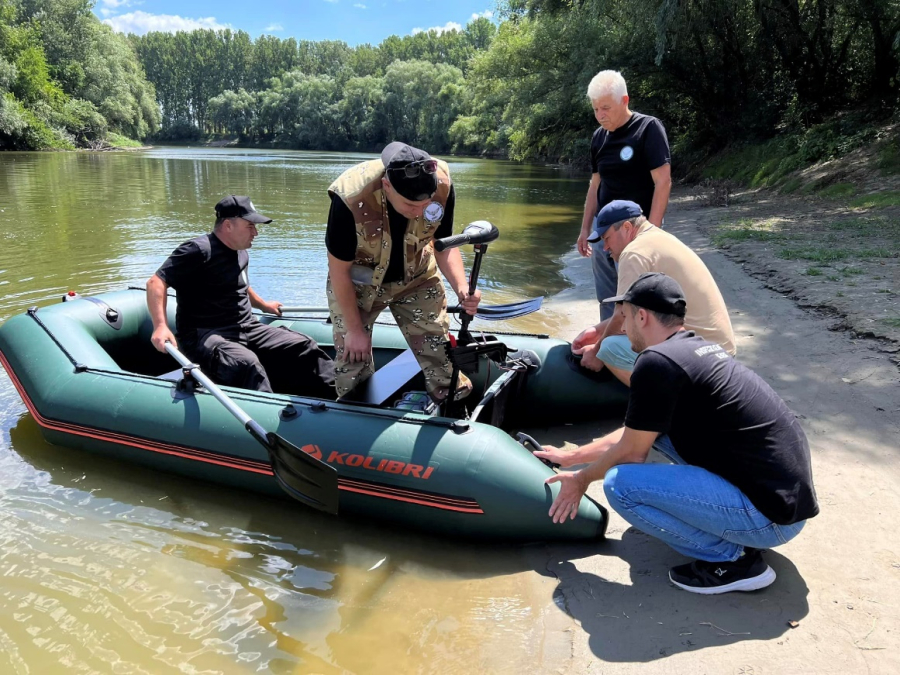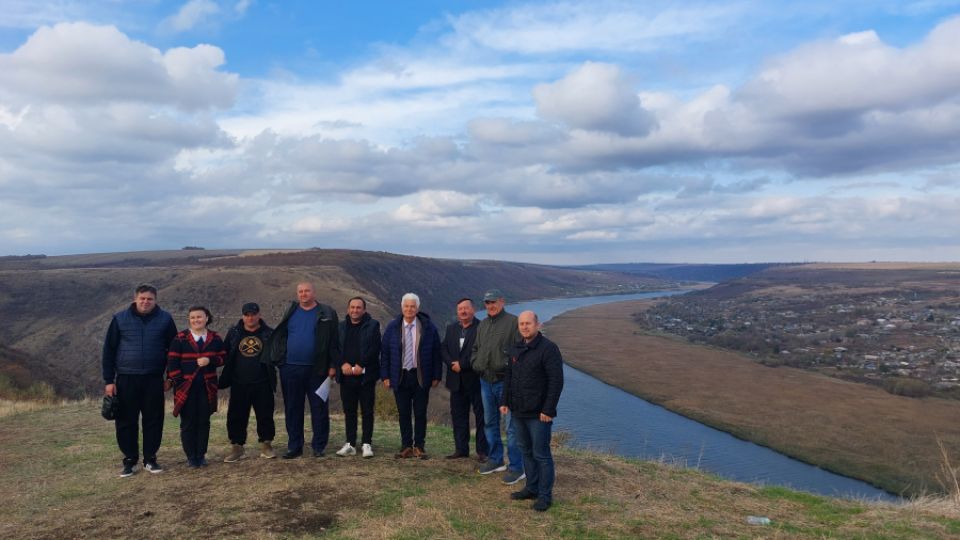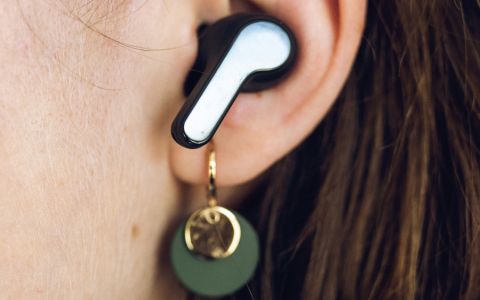CHISINAU – Nature protectors in Moldova do not always have it easy. This is especially true for the volunteer rangers of the country's national parks, who have long lacked equipment and institutional support. This is now changing as the rangers organise themselves, network internationally and receive material support thanks to the Czech Republic. Details were presented at a conference on Tuesday by the NGOs Arnika (Czech Republic) and Biotica (Moldova), which are implementing a long-term project to support the volunteers. A recording of the event can be found towards the end of the text.
For a long time, dozens of volunteer rangers of Moldovan nature protected areas lacked both public recognition and institutional protection, protecting the country’s natural riches from illegal logging, poachers and other threats without necessary equipment and international support. But things have moved on; last year, the Moldovan Association of Voluntary Rangers was founded in Moldova and has joined international structures that are helping it to strengthen local conservation capacity by sharing experiences.
Hopefully, the institutional position of the volunteer rangers may also improve. At present, they are not institutionally protected from attacks by poachers or uncooperative tourists, or even from possible pressure from crooked officials. The Moldovan Inspectorate for Environmental Protection earlier promised to approve a directive that would establish voluntary contracts with the volunteers and thus anchor their legal position. The NGOs Arnika and Biotica state that the adoption of the directive would clearly improve the situation of the rangers.
The NGOs' projects, supported by the Czech Ministry of Foreign Affairs' Transition Promotion Programme and the United Nations Development Programme's Challenge Fund, have also provided the rangers with a range of equipment, from clothing or first aid kits and binoculars to three boats and drones. Workshops have also been held to improve their skills. For example, rangers and staff from the Lower Dniester and Orhei national parks have been trained in the use of drones. This will enable them to monitor the terrain and natural events, for example, and to detect poaching and illegal logging more easily.

"Environmental threats are one of the biggest concerns of our time, and it is clear that they cannot be solved without international cooperation. I am pleased that the Czech Republic is able to contribute to practical changes for the better, whether by sharing experience and good practices or by providing equipment to enthusiasts who protect Moldova's natural heritage," comments Jaromír Plíšek, Czech Ambassador to the Republic of Moldova.
Maria Gurscaia from the Moldovan Association of Voluntary Rangers spoke about the situation of volunteer rangers. She welcomed international support and described how the creation of the organisation has helped to empower local environmentalists and will hopefully lead to their institutional protection. But the issue also has a pan-European dimension. The Moldovan Association of Volunteer Environmental Inspectors is already involved in international structures, as the representative of the European Ranger Federation (ERF), Michael Großmann, reminded the conference.
"We are happy to announce that the Association has officially become a full member of the International Ranger Association and the European Ranger Federation. This gave Moldova the opportunity to be represented for the first time at the World Ranger Congress in October. This was also the occasion for the signing ceremony of the Twinning Agreement between the national ranger organisations of Moldova and Romania," he commented, adding that by joining the ERF, Moldovan environmentalists joined some 25,000 other European rangers and gained opportunities for valuable cooperation, including training, conferences and various networking.
Pavel Pinkava, Arnika's international project coordinator, adds that the international cooperation of NGOs also results in other activities that allow for a holistic approach to nature protection in Moldova. "The enthusiasm of the volunteer rangers is very inspiring. But it is important that our project can also address other issues, including the implementation of smaller but practical actions in the communities around Moldova's protected areas - such as waste clean-ups, tree planting, spring restoration, and so on," he concludes.
Cooperation also focuses on sharing experiences and strengthening the skills of both volunteer rangers and other conservation actors. For example, a study trip for 15 people to the Czech Republic focused on protected area management and the practice of Czech rangers. Lessons were also shared from the Czech approach to the European Natura 2000 network of protected areas, which at the time required extensive mapping of the country's biodiversity. A conference on the subject was held in Chisinau in May, and a mobile application was developed to help a group of botanists collect data on Moldova's nature.

The conference – and other activities supporting Moldovan volunteer rangers and nature protection in the country – was organised as part of the project "Czech Support for a Better Management of Protected Areas in Moldova", supported by the United Nations Development Programme (UNDP) Challenge Fund and also with support from the Transition Promotion Programme of the Ministry of Foreign Affairs of the Czech Republic. For more information, please contact Arnika’s international PR officer, Jan Kašpárek, +420 770 143 103 / This email address is being protected from spambots. You need JavaScript enabled to view it.







